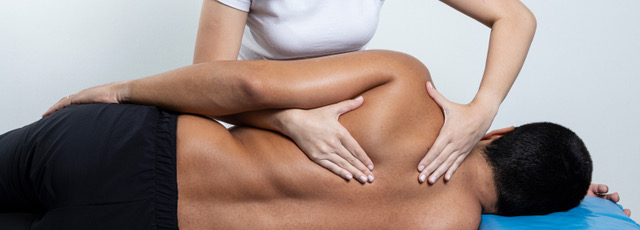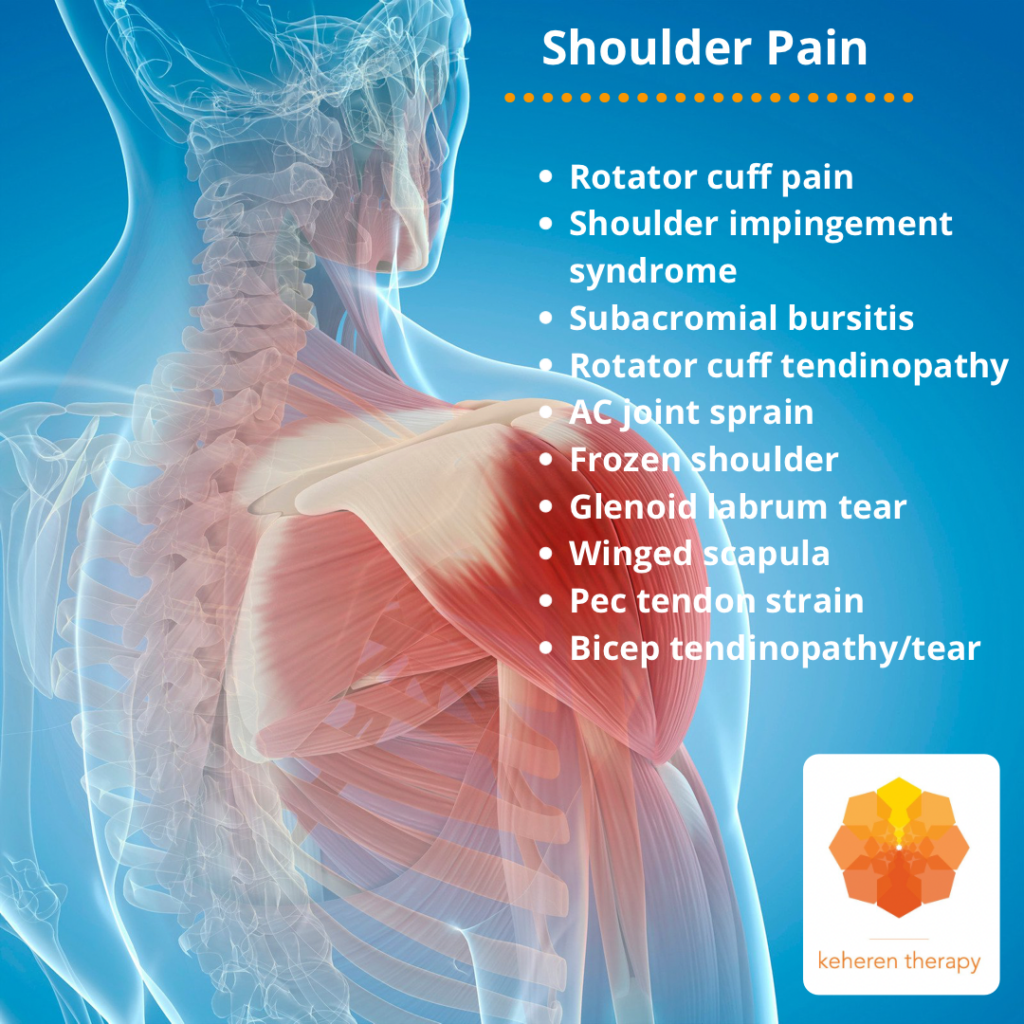The Role of Sports Therapy and massage therapy in Healing Rotator Cuff Injuries
Introduction:
Rotator cuff injuries are common among athletes and active individuals, often causing pain, limited range of motion, and functional impairment in the shoulder joint. Rotator Cuff tears are common: We often start to see rotator cuff tears appear in people without pain or any other symptoms from the age of 50 onwards (Teunis T. et al., 2014). In fact, one paper found that if you are over the age of 50 and have a rotator cuff tear seen on a scan it is twice as likely NOT to give you any symptoms, and this increases to four times by the age of 80 (Minagawa H. et al., 2013),
With the right approach to treatment, including sports therapy, individuals can significantly improve their recovery outcomes. In this blog post, we’ll explore how sports and massage therapy plays a crucial role in the rehabilitation process for rotator cuff injuries.
Understanding Rotator Cuff Injuries:
The rotator cuff is a group of muscles and tendons that surround the shoulder joint, providing stability and allowing for a wide range of motion. Put simply, The function of the shoulder is to place the hand where it needs to be for the task needed.
Injuries to the rotator cuff can occur due to repetitive overhead movements, trauma, or degenerative changes. These injuries can range from mild inflammation (tendonitis) to more severe tears requiring surgical intervention.
What is the Rotator cuff?
There are 4 rotator cuff muscles.
Supraspinatus
Infraspinatus
Teres Minor
& Subscapularis
All four of the muscles originate from the scapula and insert into the humerus.
The Role of Sports Therapy:
Sports therapy focuses on the prevention and rehabilitation of sports-related injuries, including rotator cuff injuries. Here’s how sports therapy can help:
Pain Management: One of the primary goals of sports therapy is to alleviate pain associated with rotator cuff injuries. Therapists may use various modalities such as ice, heat, ultrasound, or electrical stimulation to reduce inflammation and discomfort.
Range of Motion Exercises: Sports therapists prescribe specific exercises to improve flexibility and range of motion in the shoulder joint. These exercises help prevent stiffness and promote healing by gently stretching the muscles and tendons surrounding the rotator cuff.
Strength Training: Strengthening the muscles of the shoulder complex is crucial for stabilising the joint and preventing future injuries. Sports therapists design personalised strength training programs targeting the rotator cuff muscles and surrounding shoulder muscles to restore function and stability.
Functional Rehabilitation: Sports therapy emphasises functional rehabilitation, focusing on activities and movements that mimic those required during sports and daily activities. By incorporating functional exercises into the rehabilitation program, individuals can regain confidence in using their shoulder for various tasks without fear of re-injury.

Soft tissue therapy/massage: Sports therapists and massage therapist may use manual therapy techniques such as massage, joint mobilisations, and soft tissue manipulation to improve circulation, reduce muscle tension, and enhance healing in the injured tissues. The aim of this to reduce pain, down regulate those tissues who are too dominant, improve tissue health all around and increase proprioception and awareness to the area.
Education and Prevention Strategies: In addition to rehabilitation, sports therapists educate patients about proper shoulder mechanics, posture, and ergonomics to prevent future injuries. They may also provide guidance on modifying activities or sports techniques to reduce the risk of re-injury.
Conclusion:
Rotator cuff injuries can significantly impact an individual’s ability to participate in sports and daily activities. However, with the comprehensive approach provided by sports therapy, individuals can effectively rehabilitate their injuries, regain strength and function, and return to their active lifestyles with confidence. If you’re struggling with a rotator cuff injury, consider consulting a sports therapist for personalised treatment and rehabilitation guidance tailored to your needs. Remember, with the right care and dedication, recovery is possible.


